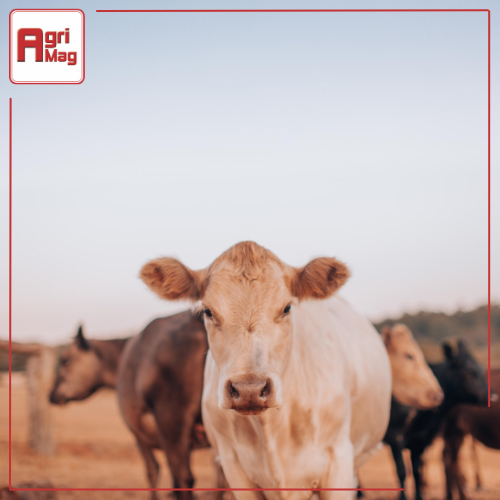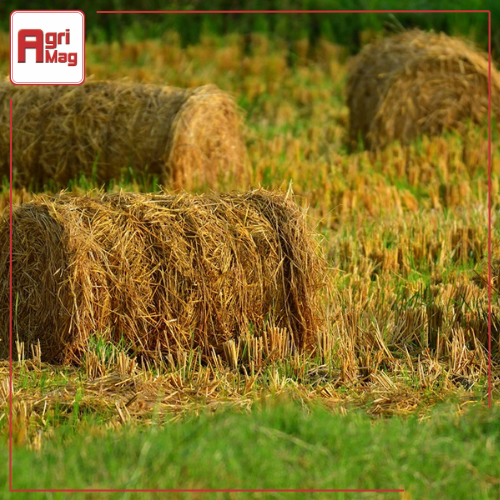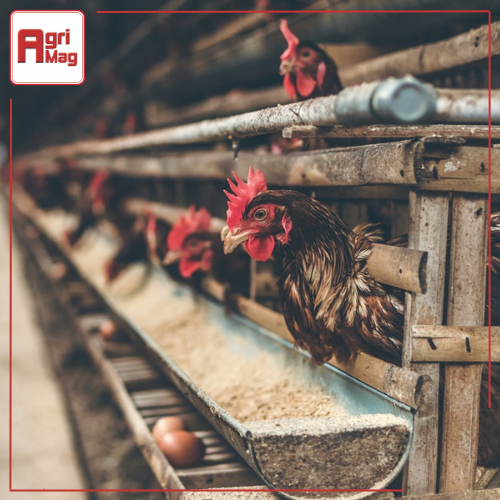
The Environmental Impact of Poultry Farming and Sustainable Solutions
Date: 05/12/2022
Want to learn and understand the environmental impact of poultry farming in South Africa? Poultry farming plays a significant role in providing food security and economic opportunities. However, it also brings along environmental challenges that require urgent attention. In this article, we'll delve into the environmental implications of poultry farming and explore potential sustainable solutions. Join us as we navigate through this crucial aspect of agriculture. Look through AgriMag's extensive collection of poultry materials to stay up to date on the most recent advancements in environmentally friendly farming practices.
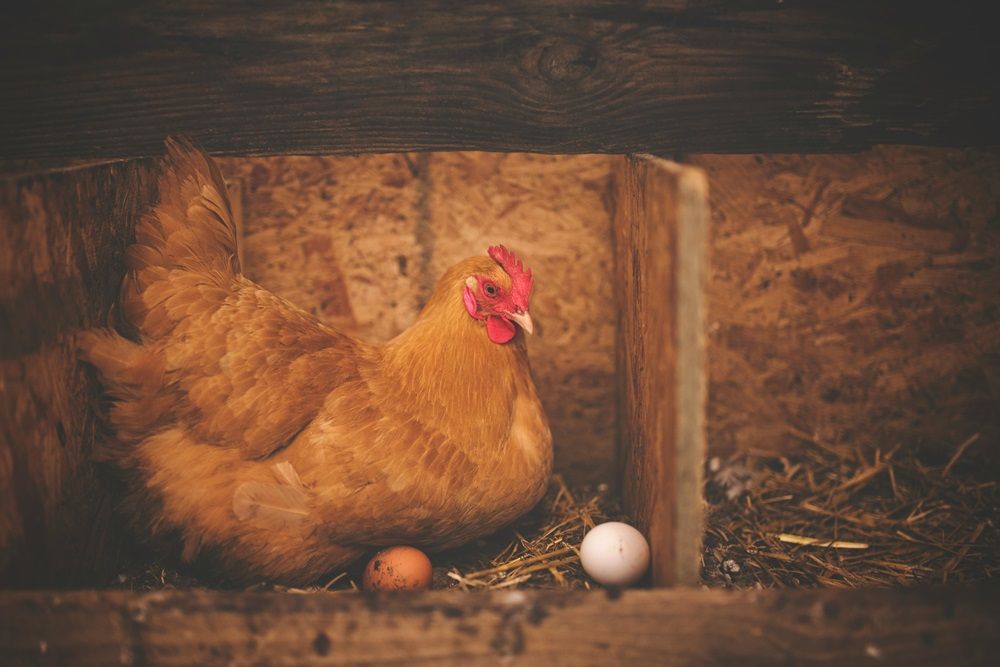 Photo by Alison Burrell on Pexels
Photo by Alison Burrell on Pexels
The Environmental Impact of Poultry Farming:
1. Understanding the Environmental Impact
Poultry farming, while essential for meeting the growing demand for protein, poses various environmental challenges. These include:
Water Pollution: Runoff from poultry farms can carry excess nutrients, antibiotics, and pathogens into water bodies, leading to pollution and ecosystem damage.
Air Pollution: Ammonia emissions from poultry waste can contribute to air pollution, impacting air quality and human health, especially in densely populated areas.
Land Degradation: Improper disposal of poultry litter can lead to soil degradation, nutrient imbalances, and habitat destruction, affecting local biodiversity and agricultural productivity.
2. Sustainable Solutions
Addressing the environmental impact of poultry farming requires innovative and sustainable solutions:
Improved Waste Management: Implementing effective waste management practices such as composting, anaerobic digestion, and nutrient recycling can minimise pollution and promote soil health.
Alternative Feed Sources: Utilising alternative feed sources like insects, algae, and food waste can reduce the reliance on soy and maize, mitigating deforestation and reducing the environmental footprint of poultry production.
Enhanced Regulation and Monitoring: Strengthening regulations and monitoring systems to ensure compliance with environmental standards and promote responsible farming practices is crucial for safeguarding the environment and public health.
3. Adoption of Green Technologies
Embracing green technologies and innovations can further enhance the sustainability of poultry farming:
Renewable Energy: Integrating renewable energy sources such as solar panels and biogas digesters can reduce reliance on fossil fuels, cut greenhouse gas emissions, and lower operational costs for poultry farms.
Precision Farming: Leveraging precision farming techniques like smart sensors and data analytics can optimise resource use, minimise environmental impact, and improve overall efficiency in poultry production.
Benefits of Poultry Farming on the Environment:
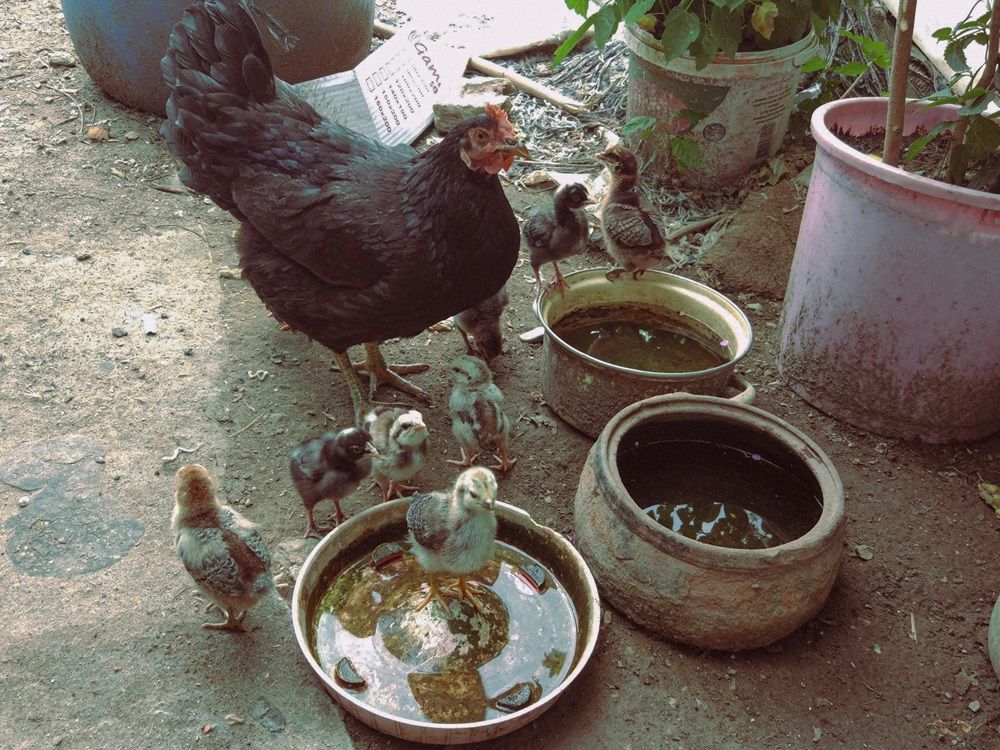 Photo by Ersin Izan on Pexels
Photo by Ersin Izan on Pexels
While the environmental impact of poultry farming presents challenges, it's important to recognise that this industry also offers certain benefits to the environment, especially when managed sustainably.
1. Nutrient Recycling:
Poultry manure, when properly managed, can serve as a valuable organic fertiliser. When applied to agricultural land, it replenishes soil nutrients and improves soil structure, promoting healthy plant growth and reducing the need for chemical fertilisers. This nutrient recycling process contributes to soil health and reduces the environmental burden associated with synthetic fertilisers.
2. Carbon Sequestration:
Well-managed poultry farms can act as carbon sinks, sequestering carbon dioxide from the atmosphere. Vegetation on poultry farms, such as trees and pasture, absorbs carbon dioxide during photosynthesis, helping to mitigate greenhouse gas emissions and combat climate change. Additionally, integrating poultry farming with agroforestry practices enhances carbon sequestration while providing additional environmental and economic benefits.
3. Sustainable Land Use:
This types of farming can be integrated into sustainable land use systems that promote biodiversity conservation and ecosystem health. Agroecological approaches, such as rotational grasing and mixed farming, allow for the coexistence of poultry farming with natural habitats and wildlife. By maintaining diverse landscapes and minimising habitat destruction, poultry farms can support local ecosystems and contribute to landscape-level biodiversity conservation efforts.
4. Rural Development:
Poultry farm often serves as a source of income and employment in rural communities, contributing to poverty alleviation and economic development. By providing livelihood opportunities and stimulating local economies, this types of farming can help reduce rural-urban migration and support sustainable development in rural areas. Furthermore, investments in the farming of poultry infrastructure and capacity-building initiatives can enhance agricultural productivity and resilience, empowering rural communities to thrive while preserving natural resources.
5. Food Security:
The type of farming such as poultry plays a crucial role in ensuring food security by providing a reliable source of high-quality protein. Eggs and poultry meat are nutritious and affordable dietary staples, particularly in regions where access to diverse food sources is limited. By producing nutritious food products efficiently, poultry farming contributes to addressing malnutrition and improving public health outcomes, thereby supporting sustainable development goals related to food security and nutrition.
In conclusion, the environmental impact of poultry farming cannot be overlooked. However, by implementing sustainable practices and embracing innovative solutions, we can mitigate these challenges and pave the way for a more environmentally friendly poultry industry. Let's work together to promote responsible farming practices and ensure a healthier planet for future generations. Browse through AgriMag to find a wide range of poultry resources and stay updated on the latest developments in sustainable agriculture.
Categories:
Common category
Category Search:
Latest articles:

The beginning of the next 100 years of agricultural excellence in SA
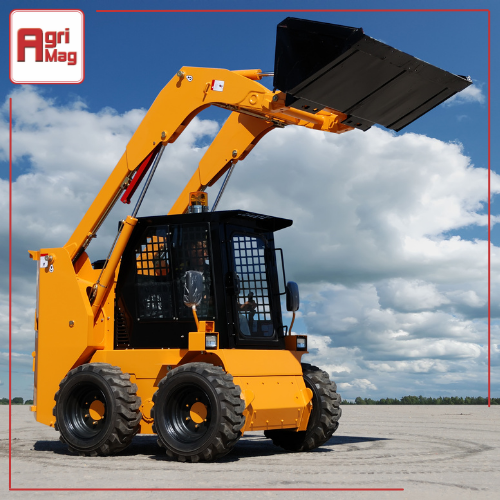
What to Look for When Buying a Skidsteer Loader for Farming
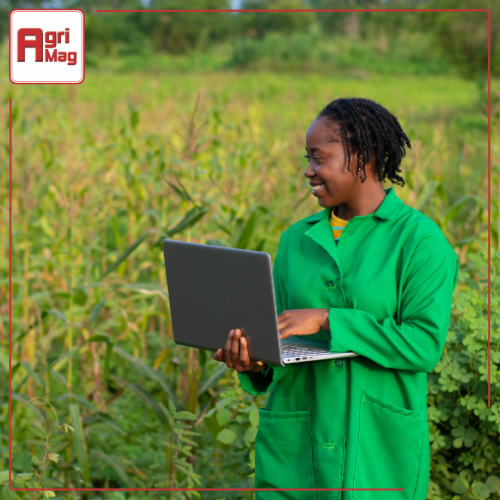
Why Planning Early for the Planting Season Pays Off

